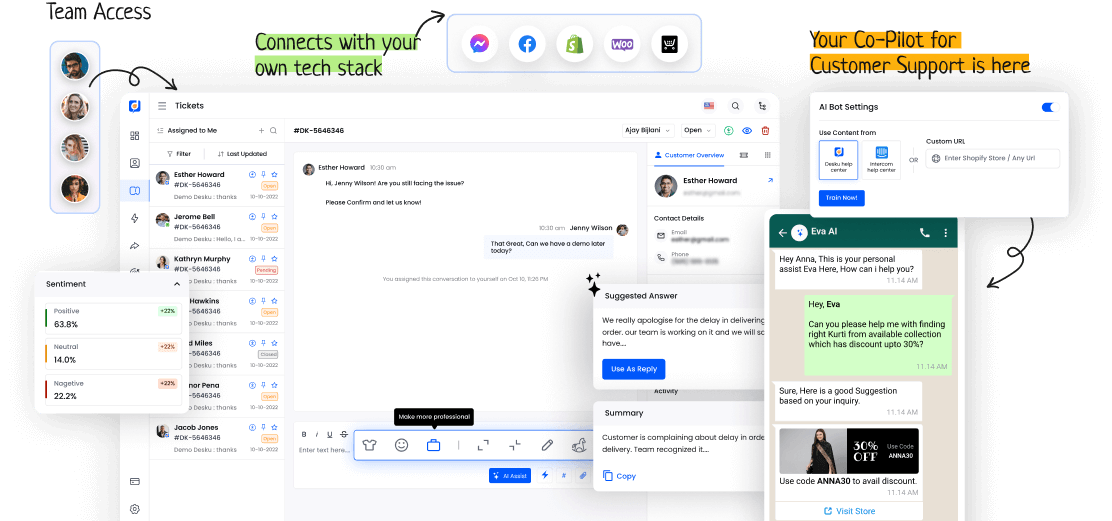Service management software boosts modern business by providing a full solution to increase efficiency and customer service. Its role extends beyond simple task sharing, encompassing complex processes tailored to specific industry needs. This software automates workflows and offers real-time analytics, making it a crucial tool for organizations seeking to enhance service delivery.
But what are the important features that make service management software a must-have in today's business world? Let's explore how this technology transforms service operations and facilitates business success.
I. Understanding Service Management Software
Software managing services is key to boosting processes. It helps businesses enhance customer happiness and efficiency.
Many industries use this software. They include IT, healthcare, and field service management.
For organizations wanting to better service delivery and performance, understanding this is crucial.
II. Features and Functions of Service Management Software
Service management software efficiently streamlines operations to boost productivity. It offers a range of tools custom-made for different business needs across industries.
Key features like workflow automation help cut down on repetitive tasks and manage tasks efficiently. These software solutions also enhance customer satisfaction.
They do this by ensuring prompt responses and effective client communication.
III. Benefits of Using Service Management Software
What can businesses gain from using service management software?
This software offers several upsides, including:
- Better efficiency: It simplifies processes like scheduling, dispatching, and task allocation. This leads to saved time and more productivity.
- Higher customer happiness: Quick responses and well-coordinated service can boost customer satisfaction.
- More transparency: Real-time data and analytics help make better decisions and track performance.





